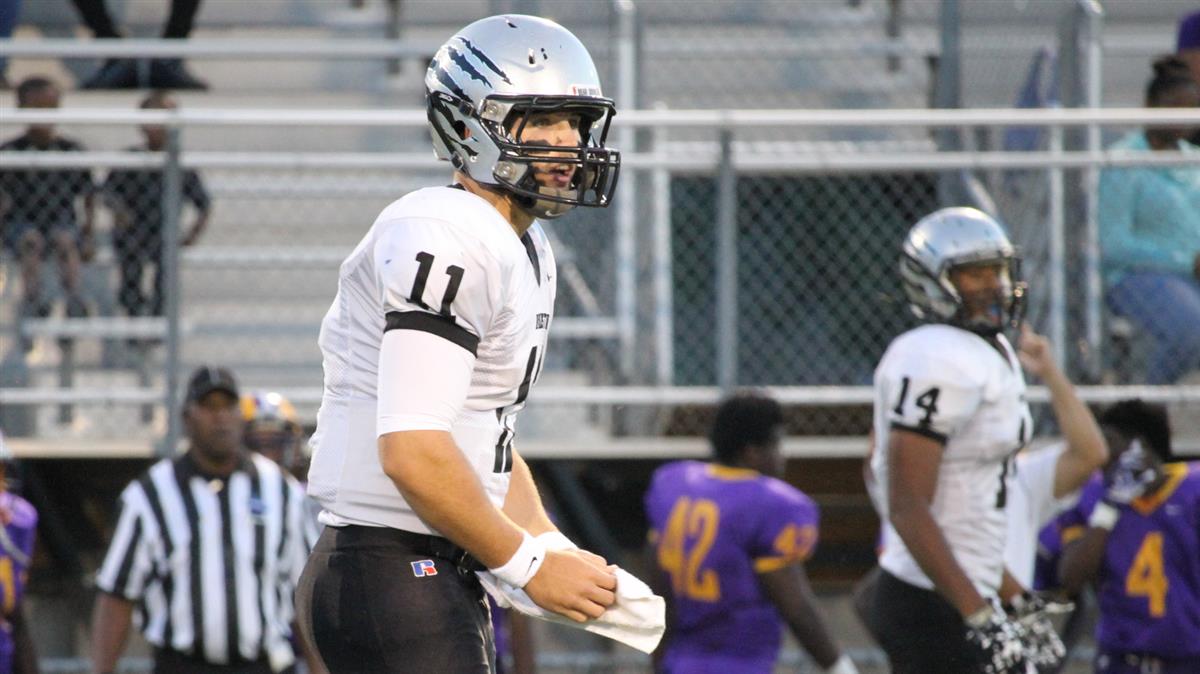
It’s the most important position on the field on game day and so it’s not a complete surprise that it can be the most important position in a recruiting class as well.
Quarterbacks tend to commit early and these days, with the recruiting cycle accelerated in college football by approximately six months compared to 10 years ago, they are committing even earlier.
For example, Texas A&M has had 2017 five-star Tate Martell committed since Aug. 20. Jacob Eason, who enrolled at Georgia in January, had been committed to the Bulldogs since the July prior to his junior year.
These early quarterback pledges serve two purposes.
- Most programs don’t take but one signal caller per class. So the commit (provided you hold onto it) serves to fill a need for a specific cycle at an entire position, which frees up resources to recruit other positions or to identify and recruit top talent at quarterback for other cycles.
- There are no better “pied piper” recruits (a recruit that assists a coaching staff in assembling a talented class by serving as a recruiter for the school he is committed to) than quarterbacks. Prospects and the decision-makers surrounding them are highly aware of the positive impact that talent at quarterback can have on the other talent in a program and conversely the negative impact that it can have when you lack talent at the position.
This is a trend that is likely to continue. Currently in the 2017 cycle, which hasn’t even been active for a month, three of the top four dual-threat quarterback prospects and all of the top four pro-style quarterback prospects are committed.
In the Southeastern Conference (among the top committed in both categories), Alabama has had Jake Fromm (Warner-Robins, Ga./Houston County) committed since Oct. 10 to go along with Martell’s early pledge.
There are lot of valid opinions about taking commits from freshman and sophomore (and at times even middle school) football prospects.
It’s a pandora’s box that should not be opened on a grand scale. Football by nature is a developmental sport. Things can change from year-to-year with regards to the development of a prospect. With that said, there isn’t anything wrong with taking a quarterback somewhat early (junior season is ideal) given the specified nature of recruiting that position and the fact that at every program space at that position is limited.
Recruiting writer for Saturday Down South







